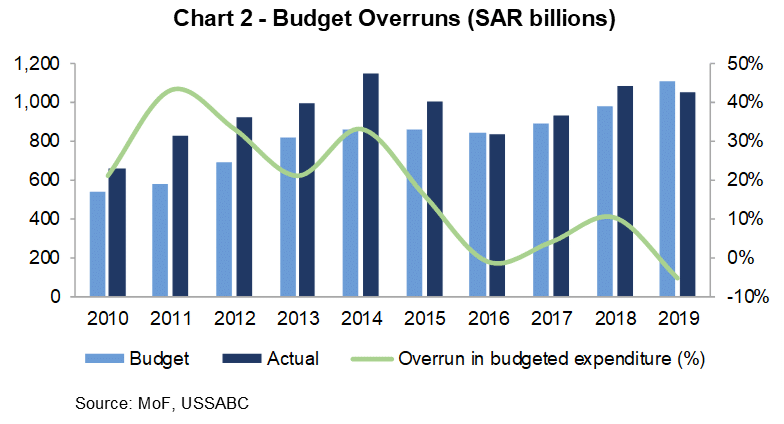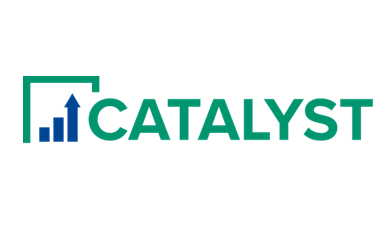
The main difference between accrual and cash basis accounting lies in the timing of when revenue and 17 advantages and disadvantages of zero based budgeting expenses are recognized. The cash method provides an immediate recognition of revenue and expenses, while the accrual method focuses on anticipated revenue and expenses. The accrual accounting method is more complex than cash basis accounting, making it a much better fit for businesses with an experienced bookkeeper on staff. First, cash basis accounting is much easier than its accrual basis counterpart, partially because cash basis accounting eliminates the need to track accounts payable or accounts receivable.
Cash basis or accrual basis: which should you choose?
Cash basis accounting is a good option for sole proprietors and very small businesses without employees. Under an accrual accounting system, expenses are also recorded when you are billed. The key difference between the two methods is the timing in which the transaction is recorded.

The what is cost allocation key advantage of the cash method is its simplicity—it only accounts for cash paid or received. The accrual method records accounts receivables and payables and, as a result, can provide a more accurate picture of the profitability of a company, particularly in the long term. If you take a look at the accrual basis income statement, you’ll see that it more accurately reflects the activity that took place in the month of December. Even though you will not be paid for the office cleaning jobs you completed until January, you are still recognizing that you did perform those services. Check out the two income (Profit & Loss) statements below to see how each accounting method affects your business. The fundamental difference between these depends on the timing of when revenue and expenses are recorded in the accounts.
- Clio’s software helps law firms streamline many accounting and finance tasks, including trust accounting needs, and makes it easier for clients to pay you.
- Accrual accounting is the preferred method under GAAP, as it provides a more accurate and comprehensive view of a company’s financial health.
- One important thing to note, however, is that accrual basis accounting does not give you an accurate picture of your cash flow.
- It also doesn’t give you a clear picture of the amount of cash you have on hand at any given moment.
- This simply means that income is recorded only when you receive cash from customers; expenses are recorded only after you pay cash.
What are the main differences between cash basis and accrual basis accounting?
This article explores how cash and accrual accounting work, their benefits and disadvantages, the best software tools for each option and which accounting method works best for what types of businesses. Cash-basis accounting documents earnings when you receive them and expenses when you pay them. However, the accrual method accounts for earnings the moment they are owed to you and expenses the moment you owe them; it does not matter when your money enters or leaves your account. To illustrate how this affects taxes, let’s imagine that the transactions above took place between November and December of 2023.
Do you own a business?
Bench, which uses both software and human bookkeepers, also offers both methods, with cash basis being the default. Every business has to record, or write down, all its financial transactions in a ledger, a process that’s known as bookkeeping. This used to be done by hand on paper, but now business owners mainly do this using bookkeeping software. Most other businesses, especially midsize businesses and large corporations, use accrual accounting. If you sell services rather than goods, you might have the choice between the two methods.
Accrual-basis and cash-basis accounting each have their advantages and drawbacks. There are logical reasons, such as company size and budget, that might lead a business to prefer one system over the other. If you are unsure which approach is best for your business, it may be a good idea to seek professional advice to determine if your company should use cash or accrual accounting. Businesses using the accrual method to keep an accurate picture of accounts payable and receivable will maintain their ledgers according to the current status of a bill or invoice. The same may be true for ongoing relationships with vendors with whom you do business. Many small businesses opt to use the cash basis of accounting because it is simple to maintain.
Should a small business use cash or accrual accounting?
Whereas with the creative accounting accrual basis accounting, the company recognizes the sale in August, when it is issued the invoice. The difference between cash and accrual accounting lies in the timing of when sales and purchases are recorded in your accounts. Cash accounting recognizes revenue and expenses only when money changes hands, but accrual accounting recognizes revenue when it’s earned, and expenses when they’re billed (but not paid).
Using accrual accounting provides a much more accurate summary of your business. The downside is that you will need to pay taxes on your net sales, prior to receiving a payment from your customers, which can be an issue for small businesses operating on limited cash flow. Ideally, cash basis accounting should be implemented by small businesses and accrual accounting should be used in large or publicly traded companies. Many accounting software platforms offer users the option to choose either cash or accrual basis accounting.
